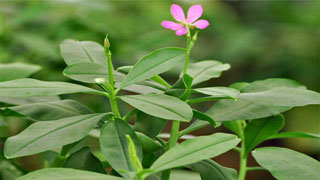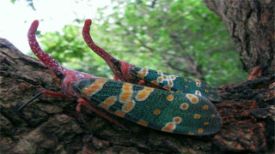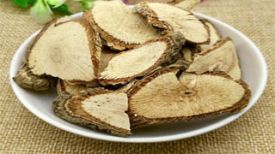
Qinglan is also known as native ginseng, native ginseng, lucky ginseng, fake ginseng, and ginseng grass. Magnolia is rich in protein, fat, calcium, and vitamins. Every 100 grams of edible portion contains 1.56 grams of protein, as well as other nutritional contents. Its medicinal value is also very high.
[Sexual Taste Returning to the Classics]
Taste: Sweet in taste, flat in nature,
Gui Jing: Lung Meridian, Spleen Meridian.
【 Indications and Functions 】
Effect: Tonifying the middle and tonifying qi, nourishing yin and moistening lungs, reducing swelling and relieving pain
Indications: Postpartum physical weakness, insufficient breast milk, mild fatigue, diarrhea, prolapse, yin deficiency, hot flashes, night sweats, spontaneous sweating, cough due to fatigue, enuresis in children, traumatic injuries or boils.
Clinical Application
1. Treating milk scarcity: Oil fried ginseng leaves, often eaten as a vegetable. (Fujian Folk Herbal Medicine)
2. Treatment for cough caused by fatigue: Tuyang ginseng, mountain sled, Tonghua root, rock sugar. Stewed chicken costume. (Sichuan Journal of Traditional Chinese Medicine, 1960)
3. Treatment for night sweats and self sweating: 60g of Chinese ginseng and one pork belly. Stewed clothing. (Min Dong Materia Medica)
4. Treatment for polyuria: 60-90g of ginseng and 60g of cherry root. Boil and take together, two or three times a day. (Fujian Folk Herbal Medicine)
5. To treat fatigue and fatigue: 15-30g of ginseng or dried squid. Stewed alcoholic beverages. (Fujian Chinese Herbal Medicine)
6. Treating spleen deficiency and diarrhea: 15-30g of ginseng and 15g of jujube. Boil it in water. (Fujian Chinese Herbal Medicine)


